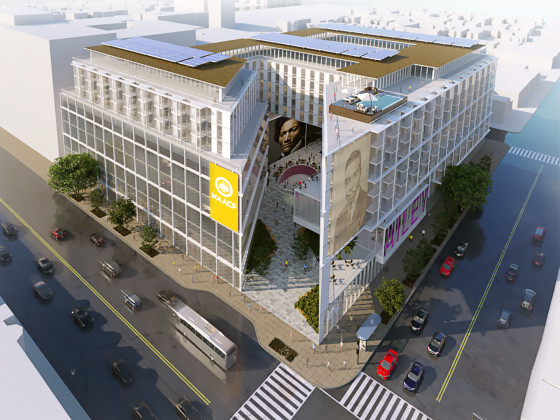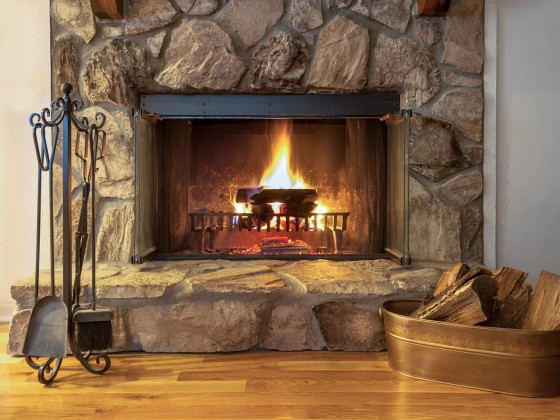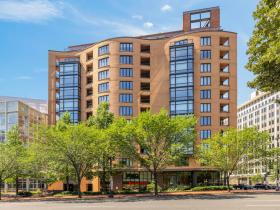 $1.3 Billion in Lost Revenue: The Impacts of Retail Devaluation in Black Neighborhoods
$1.3 Billion in Lost Revenue: The Impacts of Retail Devaluation in Black Neighborhoods
✉️ Want to forward this article? Click here.
A recent report from the Brookings Institution examined how businesses in Black communities are devalued compared to similar businesses in communities where Black people are the minority.
The study uses Yelp reviews as a metric to control for the quality of an establishment. It is estimated that for every one star added to a Yelp rating, a business will experience revenue growth of 1-2 percent over three years.
All racial groups have comparable Yelp ratings when one controls for sector, although as an aggregate, businesses owned by people of color have higher ratings than white-owned businesses. However, Yelp ratings tended to be 0.2 stars lower for businesses located in zip codes with a majority-Black population.
Even high ratings don't insulate businesses in Black neighborhoods from negative outcomes, as highly-rated businesses in these codes experience less revenue growth than poorly-rated businesses in zip codes with a less-than-one-percent Black population. Additionally, highly-rated businesses in Black zip codes earn 2% less revenue over a three-year span compared to highly-rated businesses in non-Black zip codes, creating a $1.3-3.9 billion annual revenue gap nationwide.
Overall, the report cited the need for direct investment into Black businesses, an idea echoed by several panelists at an event Brookings held last week. However, many also noted that federal and local government need to take a more holistic approach to economic development that includes job training, transportation planning, and affordable housing production.
These factors also undermine Black businesses and business in Black areas, as was seen when the closure of H Street-adjacent Horace & Dickie's was announced earlier this month. The eponymous Dickie of Horace & Dickie's cited aggressive parking enforcement as one contributor to the closure. Tony Tomelden, who owns The Pug on H Street, elaborated on this idea at the Brookings event, stating that had the DC streetcar extended to Minnesota Avenue and had a dedicated lane, it would have cut commuting time for residents east of the Anacostia River to the city center while easing parking constraints along side-streets.
It will likely take a combination of political will, private capital, and creative financing to fill the financing gap caused by historically disparate investment, and particularly to leverage the report's conclusions to spur real-world action.
Thumbnail image from Google Maps.
This article originally published at https://dc.urbanturf.com/articles/blog/13-billion-in-lost-revenue-the-impacts-of-devaluation-of-retail-in-black-ne/16494.
Most Popular... This Week • Last 30 Days • Ever

Today, UrbanTurf is taking a look at the tax benefits associated with buying a home t... read »

Lincoln-Westmoreland Housing is moving forward with plans to replace an aging Shaw af... read »

Only a few large developments are still in the works along 14th Street, a corridor th... read »

A soccer stadium in Baltimore; the 101 on smart home cameras; and the epic fail of th... read »

A potential innovation district in Arlington; an LA coffee chain to DC; and the end o... read »
DC Real Estate Guides
Short guides to navigating the DC-area real estate market
We've collected all our helpful guides for buying, selling and renting in and around Washington, DC in one place. Start browsing below!
First-Timer Primers
Intro guides for first-time home buyers
Unique Spaces
Awesome and unusual real estate from across the DC Metro














